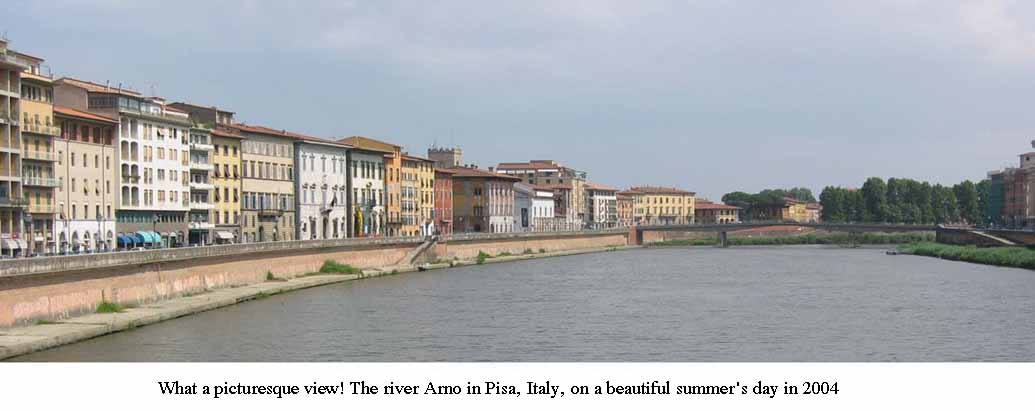"The Circus Animals' Desertion" - a rough shot at an interpretation/appreciation of this poem by Yeats
“The Circus Animals’ Desertion”
- an attempt at a rough interpretation/appreciation of this poem by Yeats -
The “islands” in stanza two are dreams. They vanish like dreams. They do not stay for good. They are like illusions, extensions of the mind.
The image of the three islands is widened into a larger comparison: each island itself stands for a value in itself. “Gaiety” (l.12) embodies ‘youth’ and correlates to “battle” (same line) evidently insinuating life’s middle-section, which ends up in “repose” equated with ‘old age’ apparently. This three-divided scheme in itself is beautifully expressed in the very shape of the poem.
Thus the poem is significantly substructured into sections, the longest of which is the middle one. Like life’s middle part this section takes up most of the ‘space’ of the poem. It is only after a long life of ‘battling’ so as to find and establish your existence that you reach ‘old age’, the stage of life marked by “repose”, i.e. ‘rest’.
Yet to what conclusion does Yeats come towards the end of his life (as conveyed to us in this poem)? Has he achieved any concrete thing/recognition worth passing on to us? Or is he so “embittered” (cf. l.13) because life has just been a ‘dream’ for him, an (empty) illusion which - disappointingly - has led him nowhere? Life is uncontrollable in a way. This becomes clear to us in the image of the “ungovernable sea”. Thus the ‘sea’ is our life-long ‘fare’, a passage (from where to where?) ending up in something we basically don’t know – as we don’t know what life is like after death. Will we live on, be immortal like a piece of art? It seems to me that Yeats is disenchanted by the end of his life. He has become the ‘slave’ of his own “fanaticism” and “hate”, which he can’t escape in a way. Have the animals deserted him or has he deserted the animals? Has he alienated himself from the world or has the world segregated from him?
His final insight into his own life, once enchanted/spellbound by a lot of expectations = illusions, is a shattering blow to him. The animals he used during his life are reduced to mere “images” (l.33). They haven’t got him anywhere obviously, except for the view that the work of his life, this ‘playing’ with ‘animals’ on a “painted stage” (l.31) has left him with a “mound of refuse” (l.35).
Life remains a ‘mystery’, a myth, a potential solution to which might have been deep down in his heart. It is in this connection/context that he speaks of “Heart-mysteries” (l.27).
What then is the overall ‘message’ of the poem to us if there is any at all? Is it that we always blame others (here the mythical figures and allusions mentioned in section 2 of the poem and ultimately compared to ‘circus animals’ used as means to an end) for what we can’t find or solve ourselves? Do we all end up as ‘old’, useless creatures rotten in our hearts?
At least this is what the writer seems to say: he started out to ‘seek a theme’ (in line 1) and found himself in a “shop” of useless items (cf. T.S. Eliot’s “The Waste Land”), a metaphor for his “heart”.
-----------------------------------
Comment by my tutor:
He returns here, to “the foul rag-and- bone shop of the heart” (l.40); you nicely express the dual nature of this image – its rottenness – but it is rotten in a different way from Eliot – Eliot’s wasteland is arid.

